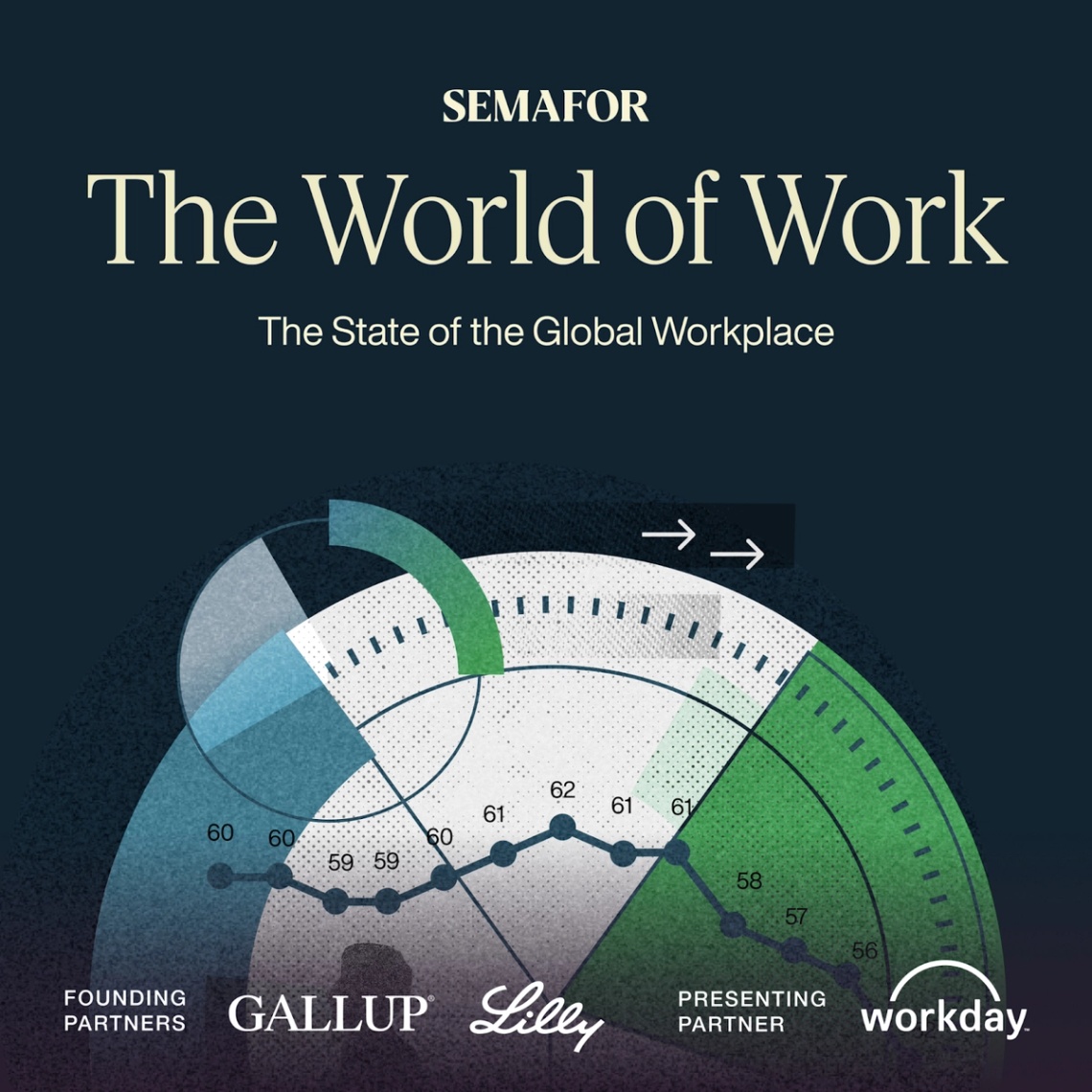 The global workforce is at an inflection point. New tech continues to impact how we work, and managers are struggling as organizations undergo major changes. Join Semafor for newsmaking conversations in partnership with Gallup’s 2025 State of the Global Workplace report. Explore new data on how employees and managers are navigating ongoing uncertainty in the global labor market. Experts will discuss key findings on productivity, resilience, and well-being, and examine how leaders and policymakers are responding to shifting workplace expectations. June 12, 2025 | Washington, DC | RSVP |